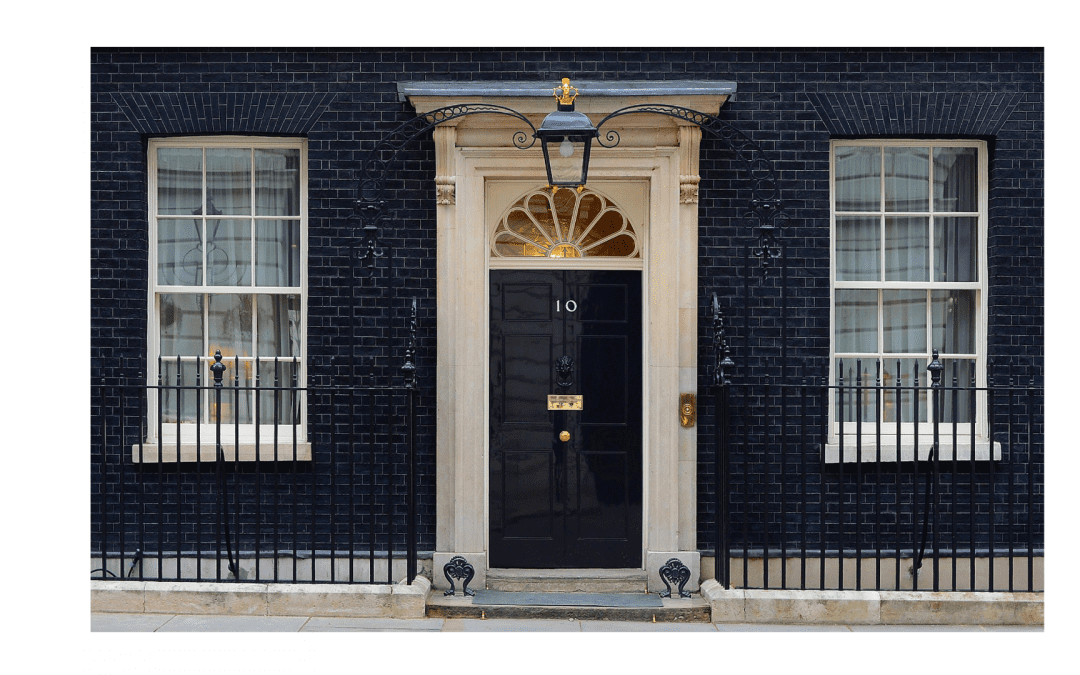Today Liz Truss takes over as prime minister from Boris Johnson. I know that William Cecil, 1st Baron Burghley was chief advisor to Queen Elizabeth I for most of her reign. He was twice Secretary of State and Lord High Treasurer. Francis Walsingham was her spymaster, controlling Sir Anthony Standen and working against Mary Queen of Scots and the Spanish Armada. He was knighted in 1577.
The role of prime minister slowly emerged from constitutional changes that took place between 1688 and 1720. The government website states that fifty-three prime ministers have helped shape the history of the United Kingdom, I suppose that makes Liz Truss the fifty-fourth prime minister. The first prime minister was Sir Robert Walpole. He was prime minister from 1721 to 1742, although his title was “First Lord of the Treasury”. He lived in 10 Downing Street from 1735 and insisted that it be the residence of the “First lord of the Treasury” rather than be given to him personally. Ah, those were the days! Sir Robert Walpole was a Whig, when there were two political parties, Whig and Tory. These parties seem to have emerged around the end of the 1680’s in response to James II’s Catholicism. “Whigs” was apparently a reference to Scottish cattle-drovers, stereotypically radically anti-catholic, whereas Tory was a corruption of abhorrer, adopted by Titus Oates, for those who were not prepared to exclude James because of his Catholicism.
It is difficult to imagine politics without a party political system. Many of the characters in my books were Members of Parliament. Francis Walsingham and Francis Bacon to name but two. They did good work, but the system of election to parliament was rather different. Perhaps we think of suffrage these days in terms of the suffragettes. In 1432 King Henry VI established that only owners of property worth at least forty shillings were entitled to vote in an English county constituency election. According to the National Archives calculator, forty shillings would buy 66 days labour of a skilled tradesman. There was no major reform of that until 1832.
Some readers who have clicked the links may have noticed that the government website states “53 Prime Ministers have helped shape the history of the United Kingdom.” I apologise if my lack of capitalisation offends you. I do not intend to demean prime ministers, past or present. It is simply that when to use capitals, and when not to, has been the most frustrating aspect of writing since I started work on The Spy who Sank the Armada. Every authority, from the BBC to the New York Times, seems to have its own view. My guide is now the Oxford English Dictionary. Whenever I have any doubt, which is virtually always, I turn to the OED. If they use capitals in their body text, so do I. If they don’t, I don’t. Therefore Prime Minister Liz Truss becomes prime minister today.
Incidentally what do Boris Johnson, Liz Truss and I have in common? We were all educated at the University of Oxford. Liz Truss becomes the 54th prime minster, and the 29th educated at Oxford.

